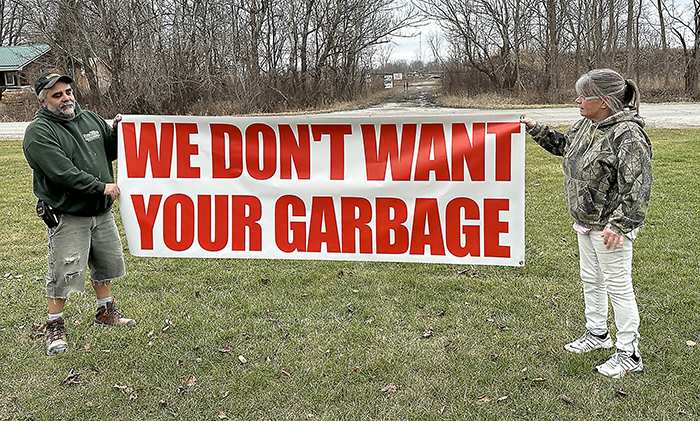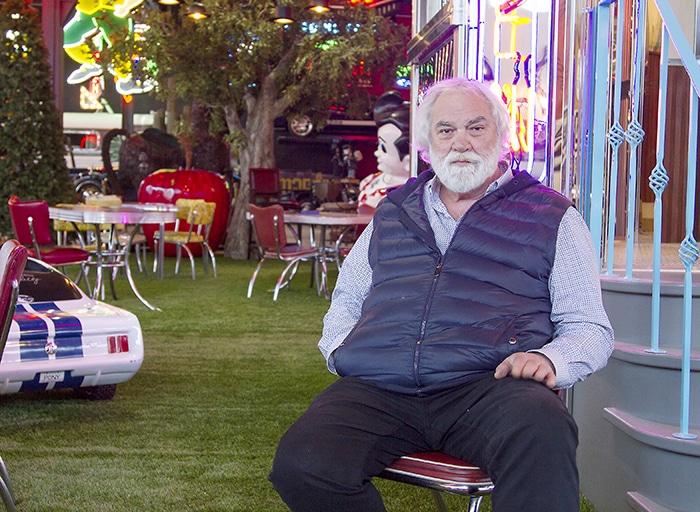
By Pam Wright
Local Journalism Initiative Reporter
The Municipality of Chatham-Kent has committed $50,000 towards fighting the expansion of the Dresden dump by York1.
Council made the unanimous decision at its April 28 meeting, following a presentation from administration outlining next steps in the battle against York1’s plan to accept construction waste from Toronto.
Council’s move comes in response to legislation put forward by the province in mid-April. Under Bill 5, the government plans to remove the Environmental Assessment it placed on the project last year, in the name of protecting Ontario from U.S. tariffs.
North Kent Coun. Rhonda Jubenville, who brought the motion forward, said she wants to make sure Chatham-Kent remains opposed to the dump expansion in principle, noting the property recently changed hands.
“We want to make sure the people of Dresden are protected and that the Municipality of Chatham-Kent is behind them,” Jubenville told The Voice.
The funding decision is the latest wrinkle in a 14-month battle that has seen the community of Dresden rise up to vehemently oppose the Irish School Road project, located only one kilometre north of town.
Chatham-Kent legal director Dave Taylor, and head of planning Ryan Jacques took to the podium to outline the municipality’s plan to oppose the development.
Taylor called Ontario’s bid to remove the full EA it placed on the proposal in June 2024 a significant “sea change” in direction, “reversing the win” the community thought it had received.
According to Taylor, Bill 5 legislation takes away environmental restraints on the dump expansion, “putting us even farther behind where we were before.”
Most significantly, said Taylor, is the concern that residents will not be heard at the same level they would have been under a full EA.
In his comments, Jacques explained that the site, commonly known as the Dresden Tile Yard, was mined for clay starting 120 years ago. Clay tiles were produced there for 80 years.
According to Jacques, the site has two existing environmental compliance approvals from the province. One deals with the storage, transfer and processing of waste, currently limiting the site’s capacity to 75 tonnes a day and hours of operation from 7 a.m. to 9 p.m. Monday to Saturday.
Jacques said the existing approvals governed disposal of waste wood for a company that existed for many years, allowing for the disposal of non-hazardous waste. The other approval was granted in 1980, however, incinerator ash created by burning Dresden’s waste was landfilled at the site since 1967.
York1 has made two applications to the province, Jacques said, to increase the “waste storage, transfer and processing area” from 0.8 hectares (20 acres) to 25 hectares (61.8 acres.).
The company has applied to run the facility 24/7 and accept 6,000 tonnes of waste per day.
York1 is also looking to build a facility to process blue box materials and contaminated soil.
Council also heard three deputations on the matter. One was from Dresden Citizens Against Reckless Environmental Disposal (C.A.R.E.D) member Sarah Tanner and two came from members of a group known as Dresden Together. Other protestors attended the meeting as well, erupting in applause when various points were raised.
Citizens are advised to submit their concerns on the Environmental Registry of Ontario website. Submissions will be accepted until May 17.






